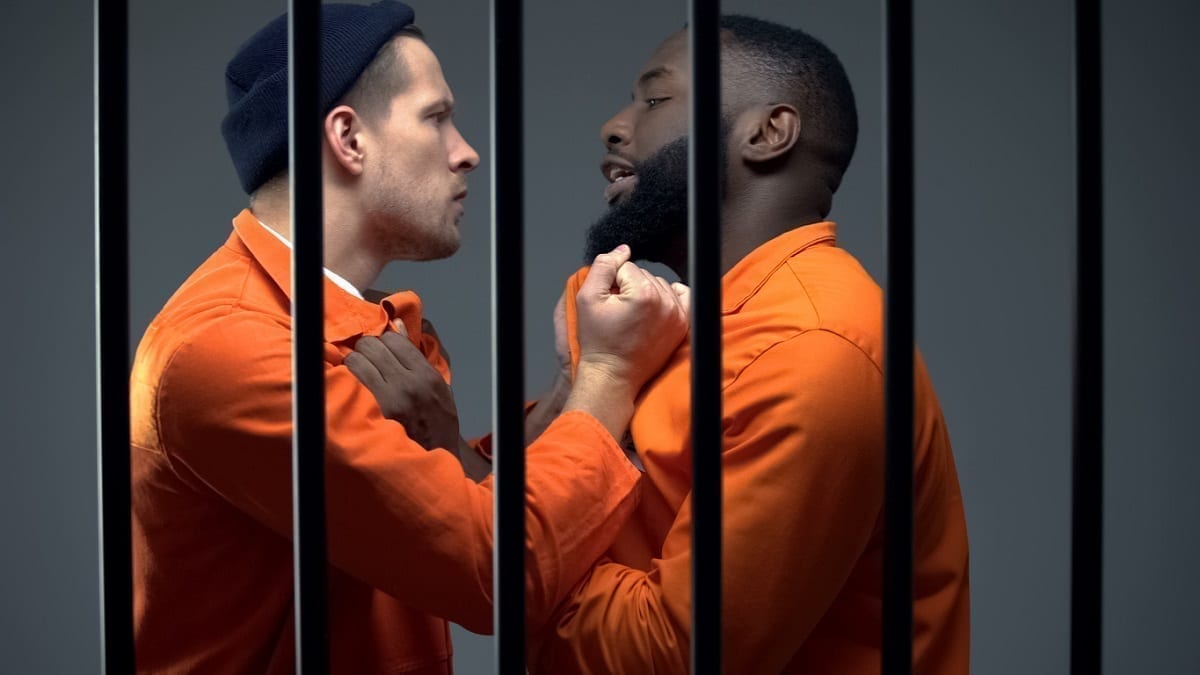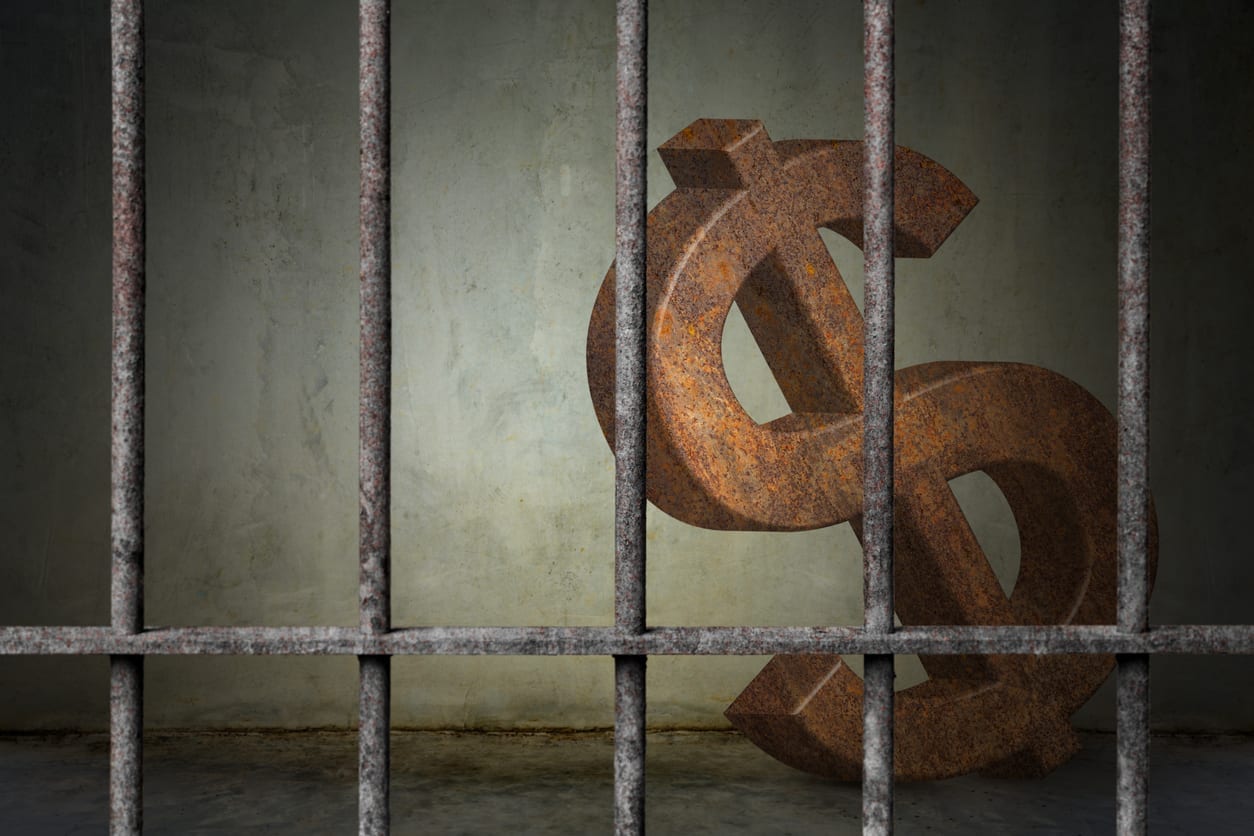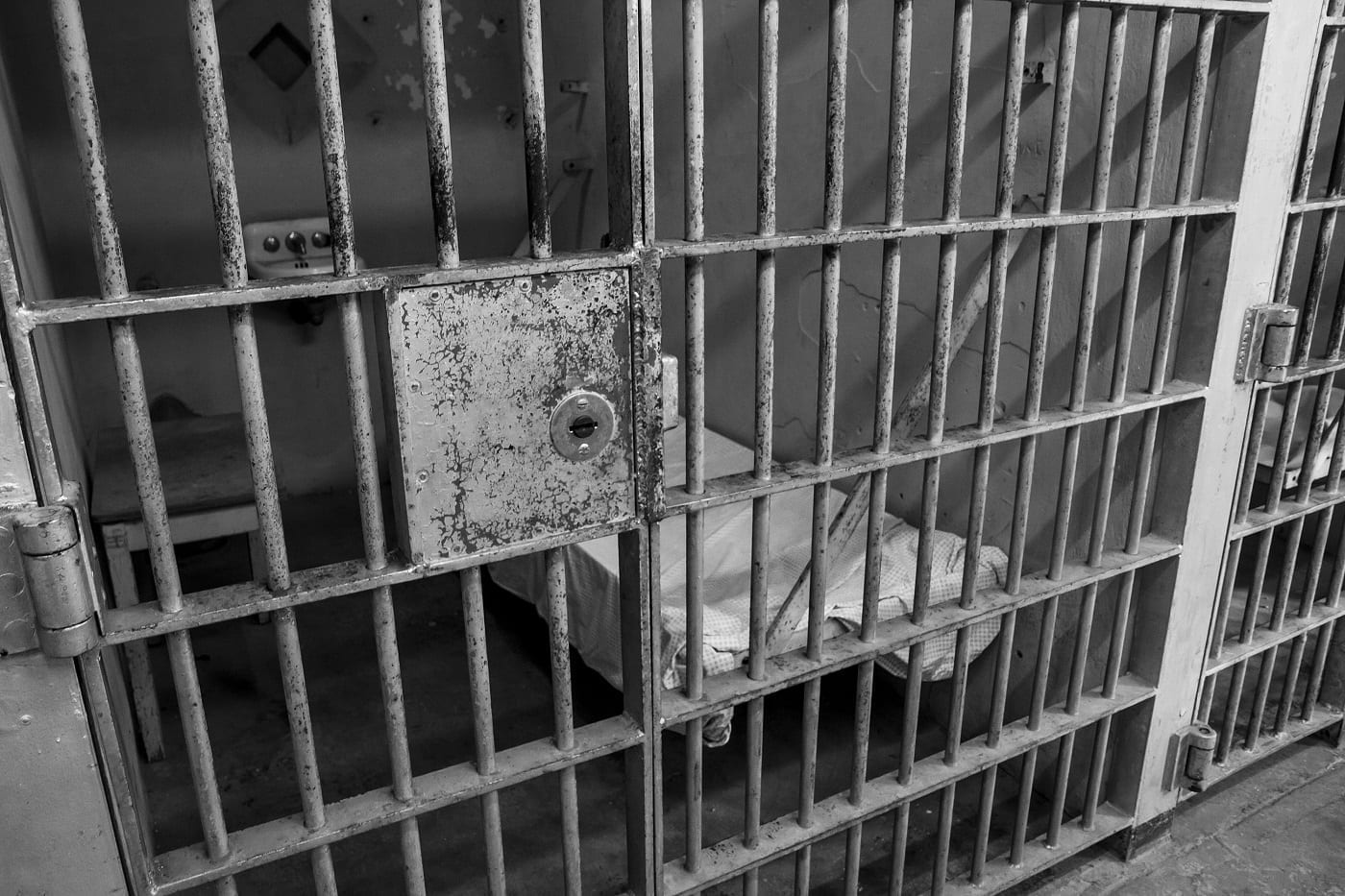If you’ve been to prison, you know that, sometimes, another incarcerated person may demand money from you or your family. Unfortunately, you see stories like that in states from New York to Alabama and everywhere else. What should you do if that happens?
What should you do first if another incarcerated person demands money from you or your family?
First, say no. You should not agree to give them money out of fear. You also shouldn’t say things to trick them into believing that your family is sending money.
After you say no, what should you do next?
You may want to make your family aware of the situation. If a peer demands money from you, you can share their name with your family members. Your family may also want to know what the prisoner wanted. This way, your family can prepare in case the incarcerated person contacts them, too.

You should also report the incident to security. You directly contact prison officials about it, or you can use the grievance procedure. If you file a grievance, you want to make sure you send it to the right person. Depending on your facility, sending the paperwork to the wrong person could delay the process. In fact, these simple mistakes could lead to your grievance getting rejected.
What should you do if you don’t feel safe?
If you fear for your life or face retaliation after a peer demands money, you can also request protective custody. Although this may feel like confinement, you won’t face discipline for requesting this help. You may speak to your classification officer and have a committee hearing as well. This allows high-ranking staff, possibly including the assistant warden, to learn what happened.
They also determine what steps should come next. This is where you can share your concerns, too. Officials may take steps, including moving you or your peer in question. Officials will also take steps to prevent this from happening again.
Who else can you tell if your peer demands money from you or your family?
You should always let a family member and friend (both inside and outside) know what is going on with you. Unmet needs is inevitable in prison. And, when your needs can’t be met, violence, and even criminal acts, can often be the result.
This, in turn, can make prison seem scary. And this is especially true if an incarcerated person demands money from you or your family. But you also don’t want to hide information from loved ones or prison staff. Don’t agree to do something you don’t want to or can’t do. In short, but you shouldn’t have to live in fear of peers or prison staff.
You can share this information and ask questions with others inside the prison as well. These people include your classification officer, the chaplain and any health officials. These individuals can help you themselves or tell you who to go to instead.

If you don’t know what options you have, you can ask prison officials for more information. Your institution’s library has institutional rules and materials in the law library. Prisons must provide a copy of these rules to all incarcerated people.
But you can turn to other peers in prison as well. Some of your peers at the facility have been there longer than you have. They have dealt with the same experiences and might be willing to help.
The Takeaway:
Many formerly incarcerated individuals have had their incarcerated peers demand money from them or their families. This could happen to you or your family as well. You need to say no. You also need to know who to tell about what happened and what to do if you don’t feel safe when an incarcerated person demands money from you.






